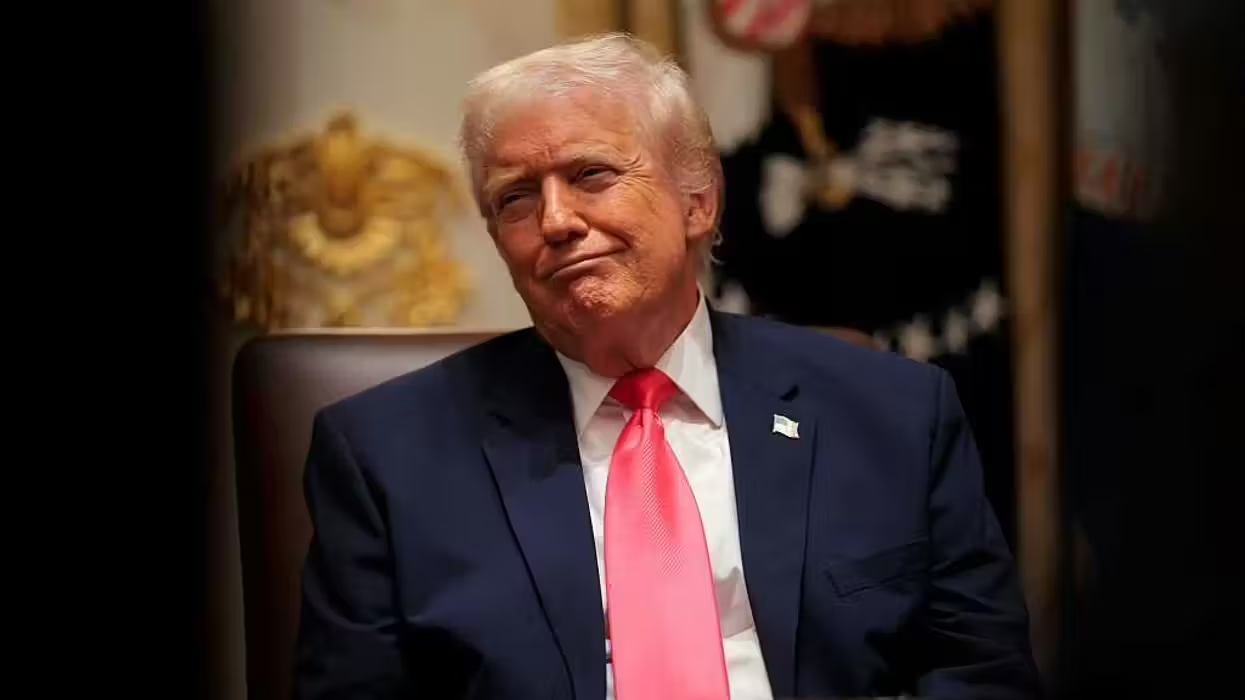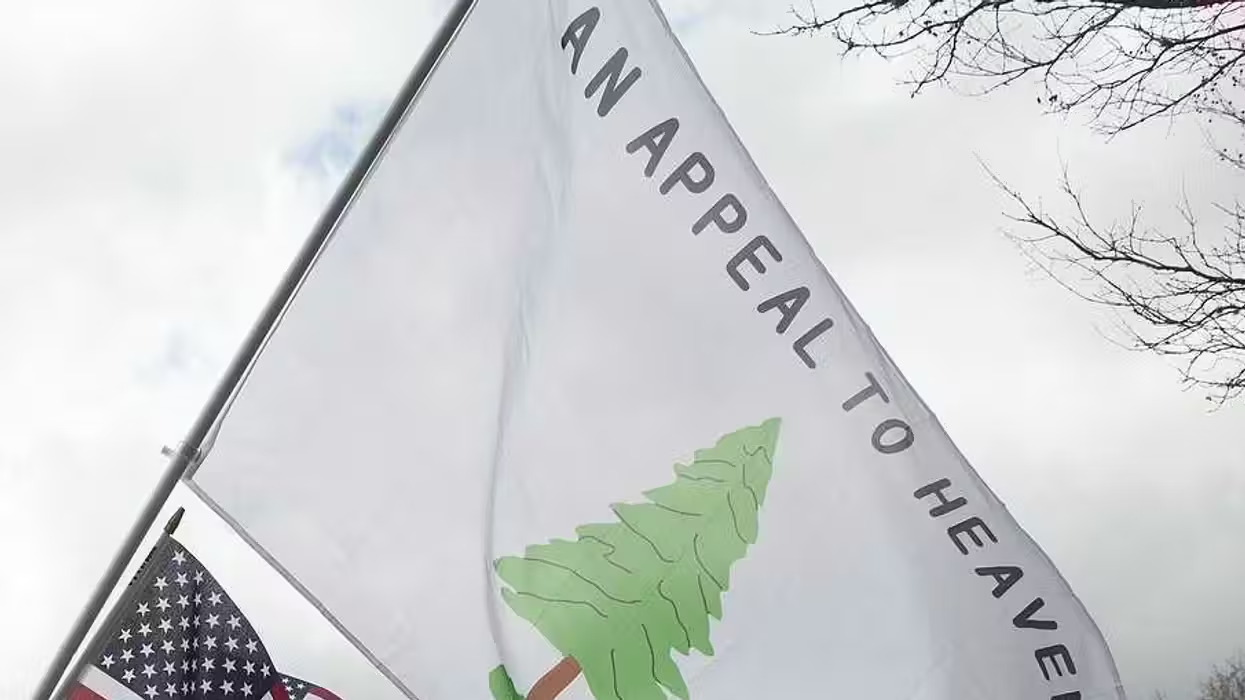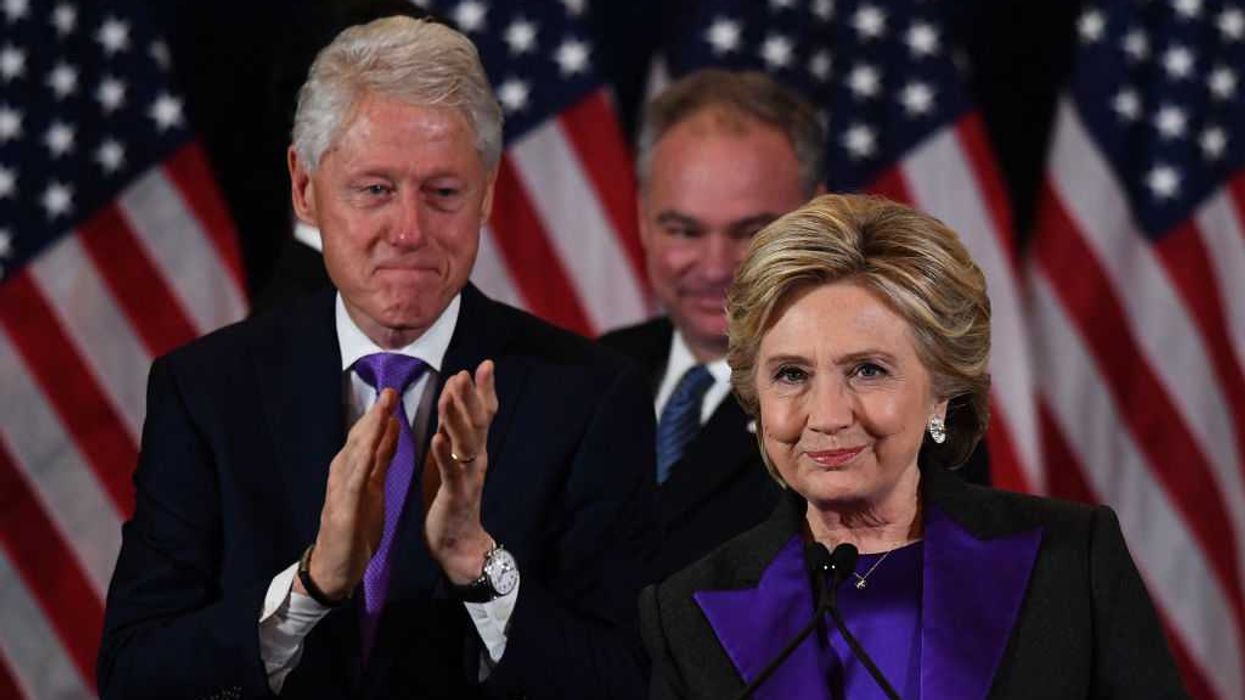
© 2025 Blaze Media LLC. All rights reserved.
And and additional $50,000 to "promote conservation of protected tree species."
 Federal prosecutors say a deal has been reached to drop the criminal case against Gibson Guitar Corp. after the instrument maker agreed to pay a $300,000 penalty for allegedly purchasing and illegally importing ebony wood from Madagascar and rosewood and ebony from India, the Wall Street Journal’s Saabira Chaudhuri reports.
Federal prosecutors say a deal has been reached to drop the criminal case against Gibson Guitar Corp. after the instrument maker agreed to pay a $300,000 penalty for allegedly purchasing and illegally importing ebony wood from Madagascar and rosewood and ebony from India, the Wall Street Journal’s Saabira Chaudhuri reports.
"As a result of this investigation and criminal enforcement agreement, Gibson has acknowledged that it failed to act on information that the Madagascar ebony it was purchasing may have violated laws intended to limit overharvesting and conserve valuable wood species from Madagascar, a country which has been severely impacted by deforestation," said Ignacia S. Moreno, assistant attorney general for the Justice Department's Environment and Natural Resources Division.
The company also agreed to forfeit claims to about $262,000 worth of wood seized by federal agents and contribute $50,000 to promote conservation of protected tree species.
$50K "to promote conservation" of trees? At what point can this be called a shakedown?
Federal agents, as you may recall, first raided Gibson factories back in November 2009.
“The government focused on a March 2009 shipment of ebony from Madagascar intended for guitar fingerboards. Madagascar law bars the export of certain unfinished wood products, according to both Gibson and the government,” the Wall Street Journal reports.
“Gibson had said that the ebony had been cut into pieces and that local officials approved the export as a legal sale of finished goods. After the 2009 raid, Gibson stopped buying wood from Madagascar but continued to use suppliers in India for ebony and rosewood,” the report adds.
Gibson was raided two more times in August 2011.
“[F]federal agents [claim] ebony exported from India to Gibson was 'fraudulently' labeled to conceal a contravention of Indian export law,” the Journal reports.
Gibson CEO Henry Juszkiewicz said in an interview with the Journal last year that a broker may have made a mistake in “labeling the goods” but that the “sale was legal and approved by Indian authorities.”
Final thought: With unemployment at 8.3 percent, the cost of energy rising, a quickly approaching "fiscal cliff," and over three years without a budget from the Senate, we're really, truly happy that the administration can find time to go after Gibson for allegedly importing illegal wood.
Follow Becket Adams (@BecketAdams) on Twitter
The Associated Press contributed to this report.
Want to leave a tip?
We answer to you. Help keep our content free of advertisers and big tech censorship by leaving a tip today.
Want to join the conversation?
Already a subscriber?
more stories
Sign up for the Blaze newsletter
By signing up, you agree to our Privacy Policy and Terms of Use, and agree to receive content that may sometimes include advertisements. You may opt out at any time.
Related Content
© 2025 Blaze Media LLC. All rights reserved.
Get the stories that matter most delivered directly to your inbox.
By signing up, you agree to our Privacy Policy and Terms of Use, and agree to receive content that may sometimes include advertisements. You may opt out at any time.






